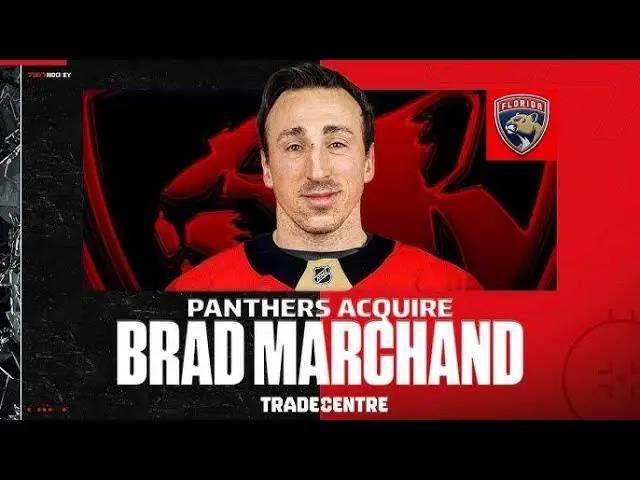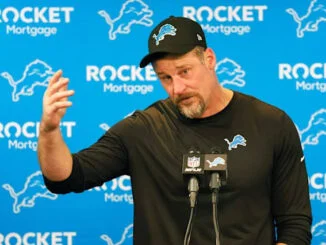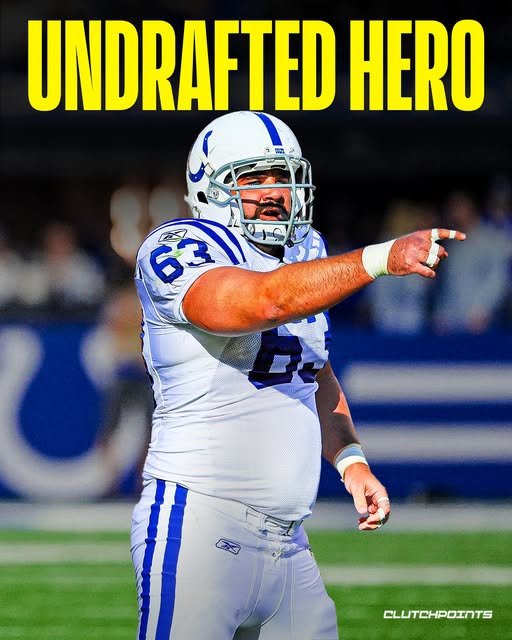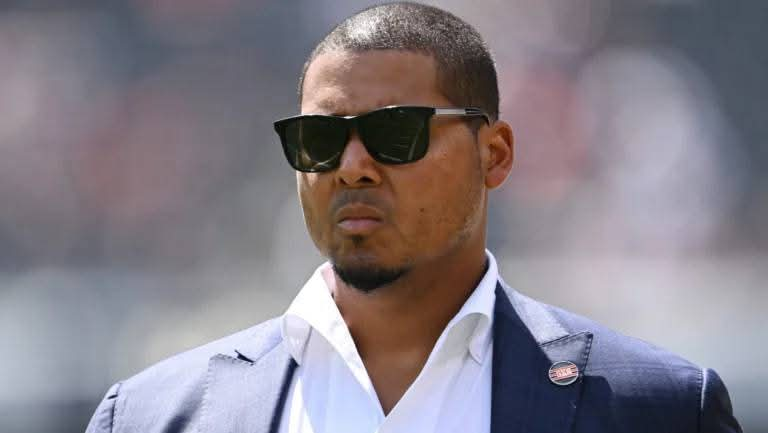In a move that has sent shockwaves throughout the National Hockey League, the Boston Bruins have officially traded their long-time captain and veteran forward, Brad Marchand, to the Florida Panthers. This dramatic development comes just days after Marchand sustained an upper-body injury during a high-impact game against the Pittsburgh Penguins—an injury that had already sidelined him indefinitely.
The Bruins’ decision to part ways with Marchand, who has been one of the team’s most recognizable and productive players for over a decade, marks a significant turning point for the franchise. The timing, mid-season and amidst a flurry of injuries plaguing the team, makes the trade even more unexpected.
Brad Marchand has long been considered the heartbeat of the Boston Bruins. Since joining the team in 2009, the feisty winger has developed into one of the league’s most dynamic two-way players. Known for his gritty play, offensive prowess, and ability to agitate opponents, Marchand earned the respect of fans and peers alike over his 16 seasons with the Bruins. With over 1,000 games played, multiple All-Star appearances, and a Stanley Cup win in 2011, his resume speaks volumes.
Marchand was appointed team captain following the retirement of Patrice Bergeron in 2023, a decision welcomed by both the locker room and fans. His leadership both on and off the ice has been invaluable. That’s why this trade comes as a major surprise—not just because of his injury, but because of what he represents to the franchise and its legacy.
The Bruins have been battling adversity on multiple fronts this season. Injuries have plagued their defensive core, with Charlie McAvoy hospitalized due to a serious shoulder injury and infection, and Hampus Lindholm likely out for the remainder of the season with a knee issue. The loss of Marchand to both injury and now a trade only compounds the pressure on a team already struggling to maintain momentum in a competitive Eastern Conference.
The Bruins’ front office, however, appears to be looking toward the future. According to sources close to the organization, the decision to trade Marchand was not taken lightly. But with the 35-year-old forward approaching the twilight of his career and Boston needing to replenish its roster, the management saw an opportunity to acquire younger talent and cap flexibility from the Panthers.
The Florida Panthers, on the other hand, are making a strong push for a deep playoff run and believe that Marchand’s experience, grit, and leadership could be the missing piece. Despite his injury, the Panthers are reportedly confident in his recovery timeline and expect him to contribute later in the season, ideally during the playoffs.
For Florida, the acquisition brings an elite playoff performer into a lineup already brimming with offensive firepower. Marchand’s intensity and postseason experience could prove invaluable in tight playoff situations, especially for a team that has come close but hasn’t quite broken through to win it all in recent years.
The reaction from Bruins fans has been mixed—ranging from shock and sadness to understanding and cautious optimism. Many took to social media to express their disbelief, with some calling it the end of an era, while others acknowledged the necessity of tough decisions in the business of hockey.
Inside the Bruins’ locker room, players have expressed surprise and admiration for their now-former captain. “Brad’s been the backbone of this team for so long,” said one unnamed player. “It’s hard to imagine the Bruins without him. But we all know this is part of the game. We’ll regroup and move forward.”
The Bruins now face a pivotal moment. The team must lean heavily on younger players and emerging leaders to step into the void left by Marchand’s departure. Veterans like David Pastrnak and Charlie Coyle will be expected to take on even greater responsibility, both in terms of production and leadership.
Boston fans are also watching to see what the return package from Florida looks like in action. If the prospects or picks acquired pan out, this could be viewed in hindsight as a bold but necessary move to reset the team for sustained success.



